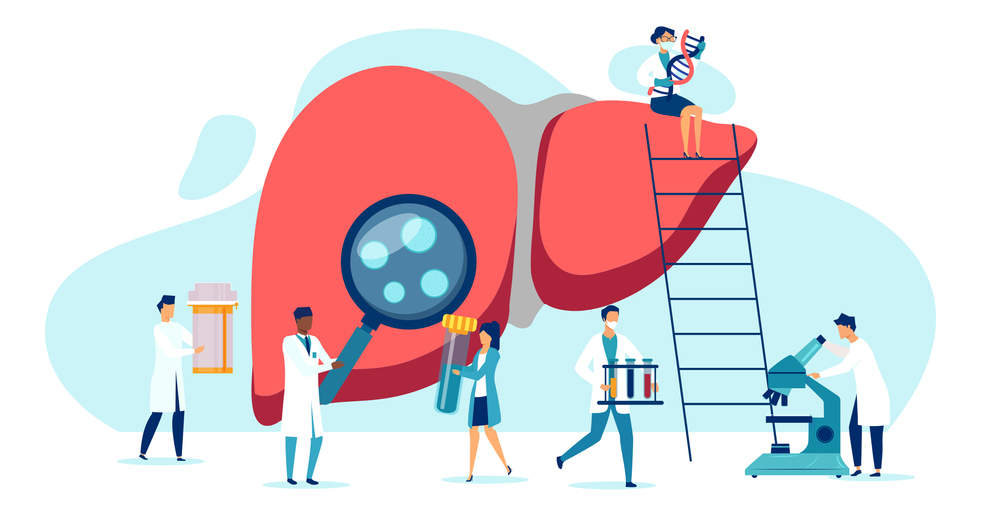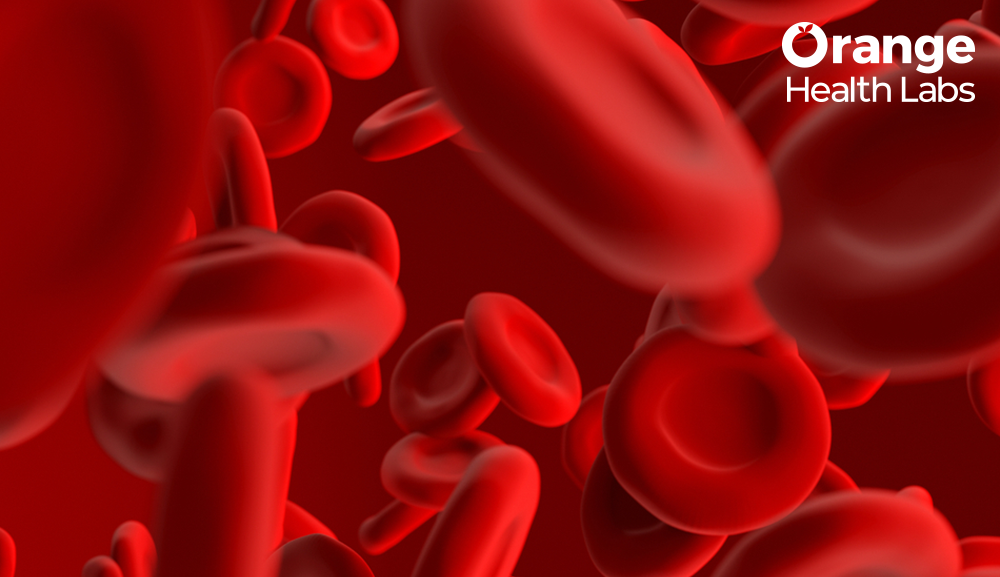Search for tests or checkups
SupportCan Cancer Run in the Family? Understanding the Genetic Connection

Cancer is influenced by many factors, including environment, lifestyle, and genetics. A common question people ask is whether cancer “runs in families.” While cancer itself is not directly inherited, certain genetic changes can be passed from parents to children and may increase the chance of developing specific types of cancer. By understanding these genetic links, you and your family can take proactive steps for health management.
How Can Cancer Appear in Families?
Cancer may occur in several family members for a variety of reasons:
- Shared lifestyle habits such as diet, exercise, or smoking.
- Similar environmental exposures like pollution or workplace risks.
- Inherited genetic changes that raise cancer risk.
When a genetic link is involved, the inherited changes are called germline mutations, which are present in every cell of the body. Globally, about 5 to 10% of all cancers are linked to inherited mutations.
For example, mutations in the BRCA1 or BRCA2 genes can increase the risk of breast and ovarian cancers compared to the general population.
Also Read: Understanding BRCA Gene
What Are Family Cancer Syndromes?
When several members of the same family inherit mutations that increase cancer risk, it is known as hereditary cancer syndrome or family cancer syndrome. These syndromes often mean a higher-than-average chance of certain cancers, sometimes at younger ages than usual.
Examples include:
- Hereditary Breast and Ovarian Cancer (HBOC): Linked mainly to BRCA1 and BRCA2 mutations.
- Lynch Syndrome: Caused by changes in mismatch repair genes, raising the risk of colorectal and endometrial cancers.
- Familial Adenomatous Polyposis (FAP): Caused by mutations in the APC gene, increasing early colorectal cancer risk.
- Li-Fraumeni Syndrome: Associated with TP53 mutations, linked to multiple cancers including breast cancer, sarcomas, and brain tumors.
Also Read: Can a blood test pre-determine breast cancer
Signs That Suggest a Genetic Link
You may consider speaking to a healthcare provider or genetic counselor if:
- Several relatives on the same side of the family have the same or related cancers.
- Cancer diagnoses occurred at younger ages (under 50).
- Rare cancers or multiple cancers developed in the same person.
- Cancer appeared in both paired organs (such as both breasts or kidneys).
- There is a history of male breast cancer in the family.
How Are Hereditary Cancer Syndromes Inherited?
Most hereditary cancer syndromes follow a dominant inheritance pattern. This means only one parent needs to carry the mutation for a child to inherit it, giving each child a 50% chance. In rarer cases, syndromes may follow a recessive pattern, where two copies of the gene mutation are needed.
Genetic Counseling and Testing
If your family history suggests a possible hereditary cancer risk, genetic counseling can help evaluate it. BRCA1 & 2 genetic test looks for mutations in specific genes.
Benefits include:
- Designing tailored cancer screening schedules.
- Exploring preventive measures.
- Informing relatives who may also be at risk.
In India, where cancer cases are rising and diagnoses often occur at younger ages, genetic counseling and testing are becoming increasingly important, especially for breast and colorectal cancers.
Why Family History Matters
Keeping track of detailed family health information across generations can help identify patterns. Even if cancer appears common in your family simply because of its prevalence, a strong family history may still point to inherited risks worth evaluating.
Managing Hereditary Cancer Risk
Knowing about an inherited mutation allows for:
- Regular screenings starting earlier or done more frequently.
- Preventive steps such as certain surgeries or medicines.
- Lifestyle adjustments to support overall health.
- Sharing information with family members who may also wish to test.
Key Takeaway
Cancer itself is not passed directly from parent to child. However, inherited gene mutations can increase the likelihood of certain cancers. Understanding your family history, seeking genetic counseling, and considering testing when advised can provide valuable guidance for prevention, early detection, and personalized care.

The Importance of Liver Function Tests in Full Body Checkups

Understanding the Importance of Red Blood Cell Count in Assessing Your Well-Being
